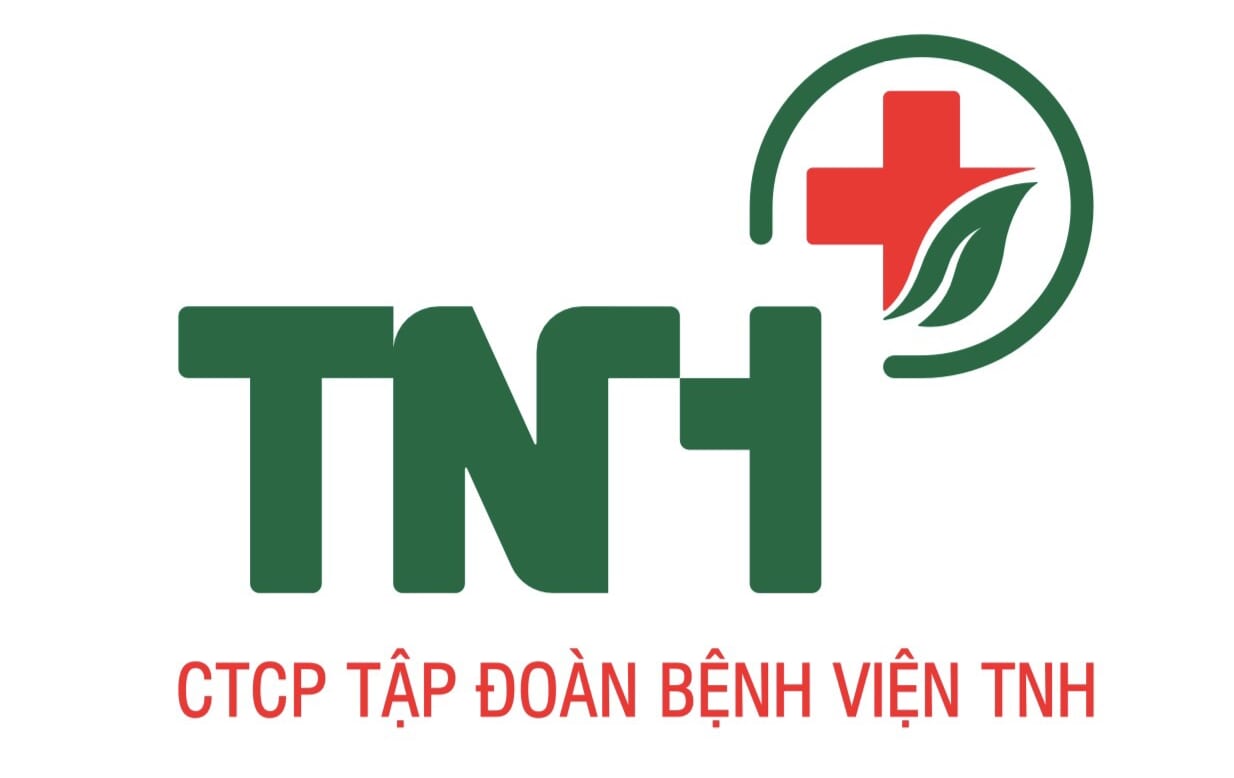Customer Care
Emergency
Customer Care
Emergency
Wisdom teeth can cause significant discomfort if they grow misaligned or become impacted in the jawbone. Extracting wisdom teeth is a common procedure but requires high precision and expertise from the doctor to avoid damaging surrounding structures, particularly the mandibular nerve and maxillary sinus. So, is wisdom tooth extraction dangerous? What should be noted during the process? Let’s explore in this article.

Wisdom teeth, also known as third molars, are located at the very back of the mouth. They typically emerge between the ages of 17 and 25.
Wisdom teeth do not play a significant role in chewing and often appear later than other teeth, when the jawbone is fully developed. As a result, they are prone to misalignment, causing pain and associated complications such as impaction or crowding.
Wisdom tooth extraction involves the surgical removal of one or more third molars.
Wisdom teeth that grow in the correct position and cause no harm or complications do not require extraction. However, removal becomes necessary in cases where the teeth are impacted or misaligned, leading to:
♦ Teeth fully embedded in the gum: This can cause infections or cysts, damaging adjacent teeth and supporting structures.
♦ Partially erupted teeth: This creates difficulty in cleaning and increases the risk of gum inflammation or oral abscesses.
♦ Crowding: Insufficient space in the jaw can lead to crowding or damage to neighboring teeth, causing bone loss or tooth instability.
Modern techniques allow for both local anesthesia and general anesthesia during wisdom tooth extraction. The primary goal is to minimize pain and discomfort, allowing the doctor to perform the procedure efficiently while reducing the risk of complications.
Local Anesthesia Extraction
Suitable for most patients with no underlying health conditions such as hypertension, heart disease, or diabetes.
The doctor administers a local anesthetic to the extraction site. Within minutes, the area becomes numb, and the tooth is removed.
General Anesthesia Extraction
In some cases, instead of conventional anesthesia, doctors may prescribe general anesthesia for patients to ensure a safe and effective tooth extraction process, such as:
♦ Patients experiencing severe stress or psychological pressure.
♦ Patients with a history of allergies to anesthetics.
♦ Patients with a medical history of cardiovascular diseases, high blood pressure, or diabetes.
♦ Cases involving impacted wisdom teeth, complicated tooth growth, or multiple tooth extractions at the same time may require general anesthesia to ensure safety and effectiveness, avoiding psychological impacts as the effect of general anesthesia lasts longer.
In fact, both methods are safe, have no adverse effects on health, and improve the efficiency of tooth extraction. The choice between anesthesia and general anesthesia depends on the specific health condition and psychological state of each patient. Doctors will provide consultations and make the most appropriate decision to ensure a smooth and safe wisdom tooth extraction process.
Note: The use of general anesthesia requires doctors with high expertise and extensive experience. Choose reputable medical facilities to ensure safety and effectiveness during the process.
Notes Before and After Wisdom Tooth Extraction
Patients should be cautious both before and after wisdom tooth extraction, adhere to the doctor’s instructions, and choose reputable medical facilities to ensure a smooth process and avoid undesirable complications.
Before Extraction:
♦ Choose a reputable medical facility with a team of well-trained, experienced specialists equipped with modern and advanced surgical devices.
♦ Undergo an examination and X-ray to determine the position, growth direction, and complexity of the wisdom tooth.
♦ Inform the doctor about any specific health conditions, allergies, or ongoing medications.
♦ Discuss the surgery and recovery timeline to plan and schedule the extraction appropriately.
♦ Avoid eating too much or too little before the extraction to ensure a smooth procedure.
♦ Apply an ice pack during the first 24 hours to reduce swelling and pain.
♦ Avoid vigorous rinsing, hot or hard foods for the first 24 to 48 hours. Stick to soft foods and drink plenty of water. Refrain from stimulants like alcohol, tobacco, etc., for at least three days.
♦ Follow up and check the wound if any signs of infection or complications occur.
♦ Take prescribed medications to relieve pain and prevent infection.
The Dentistry – Maxillofacial Department at TNH Hospital Group gathers a team of deeply specialized and well-trained doctors with extensive experience in handling dental, maxillofacial issues, ensuring patient peace of mind during consultations and treatments.
The hospitals are equipped with advanced, specialized medical devices to diagnose dental and maxillofacial conditions accurately.
Notably, the hospital offers a comprehensive painless tooth extraction package, featuring a medically standardized examination process to diagnose tooth conditions through imaging, enabling accurate treatment decisions. Patients undergo surgery for wisdom tooth removal using safe and effective local or general anesthesia.
For cases requiring hospitalization post-surgery, patients receive comprehensive care from specialists, including regular monitoring and prescriptions for pain and swelling relief. A special nutrition plan is also provided in-room, facilitating rapid recovery.
The hospital also applies Piezotome ultrasonic extraction technology during surgery, which offers superior effectiveness compared to traditional methods. Ultra-thin drills (0.2–0.5 mm) ensure precise cuts, easy wisdom tooth removal, reduced post-surgery pain, safety, no complications, and fast healing.
Wisdom tooth extraction is no longer daunting when you visit one of TNH Hospital Group’s facilities. Schedule a consultation and examination today!
—————
TNH HOSPITAL GROUP JSC
Hotline: 1900 8035









TNH – SUSTAINABLE DEVELOPMENT JOURNEY Strategic partnership with Mekong Capital to shape the future of healthcare Introduction to TNH Group TNH Group Joint Stock...
On February 12, 2025, Thai Nguyen International Hospital received a 41-year-old male patient, B.V.T., residing in Vo Nhai District, Thai Nguyen Province, who presented...
In celebration of the 70th anniversary of Vietnam Doctors’ Day (27/02/1955 – 27/02/2025), TNH Hospital Group JSC organized a Sports Festival to encourage a...

